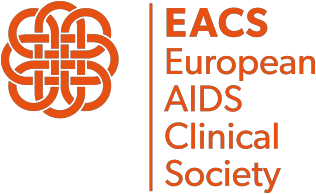Progressive Multifocal Leukoencephalopathy (PML)
Diagnosis and treatment
Definitive diagnosis:
compatible clinical-radiological picture, with either evidence of JCV-DNA in CSF or typical histological findings with in situ evidence of JCV-DNA or antigen
Probable diagnosis:
compatible clinical-radiological picture if JCV-DNA in CSF is negative (more likely if individual on ART) or not performed.
JCV-DNA in plasma may complement PML diagnosis, particularly if CSF not available. May also be a marker of disease progression
| Off-ART | Initiate ART immediately (following general guidelines for treatment, see Initial Combination Regimen for ART-naïve Adults), INSTI may reasonably be preferred, given the importance of rapid immune reconstituion in PML. Attention should be made to development of IRIS, see IRIS |
| On-ART, HIV-VL failure | Optimise ART (following general guidelines for treatment, see Virological Failure), INSTI may reasonably be preferred, given the importance of rapid immune reconstitution in PML. Attention should be made to development of IRIS, see IRIS |
| On-ART, treated for weeks- months or on effective ART | Continue current ART |
Note:
There is no specific treatment for JCV infection that proved to be effective in PML outside of anecdotal case reports.
There is no recommendation to use the following drugs which previously or occasionally were used in PML: alpha-IFN, cidofovir, cytarabine, mefloquine, mirtazapine, corticosteroids (except for treatment of IRIS-PML, see IRIS section), iv immunoglobulins.
Newer immune-based approaches have shown some efficacy, including Interleukin-7, infusion of polyomavirus-specific HLA-matched T-cells, PD1 inhibitors (pembrolizumab, nivolumab).
Results from large retrospective cohorts did not show a benefit of IL-7 or PD1 inhibitors on survival, but no data from clinical trials are currently supporting recommending for or against their clinical use. If used, participation in randomized clinical trials is strongly encouraged
